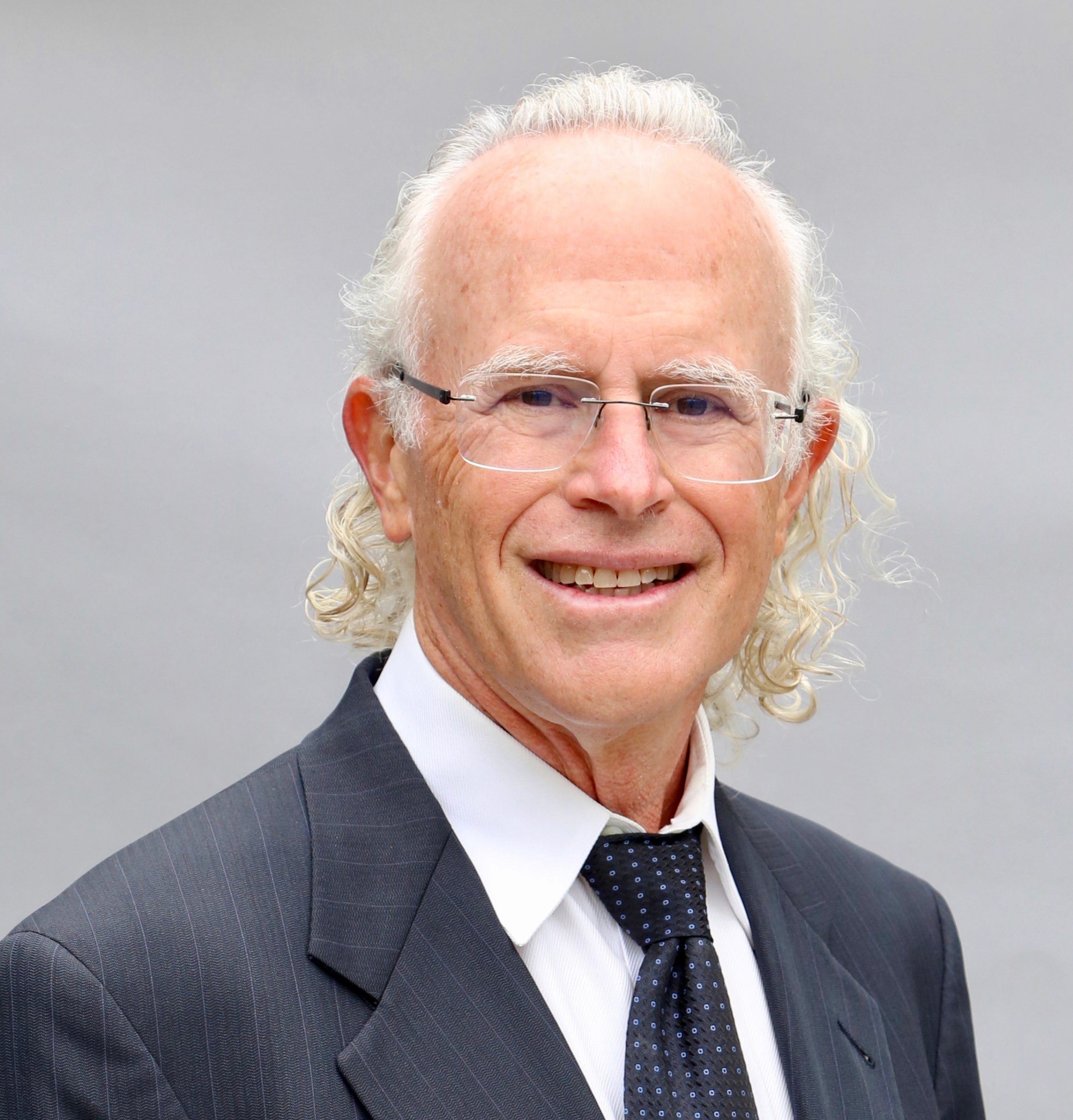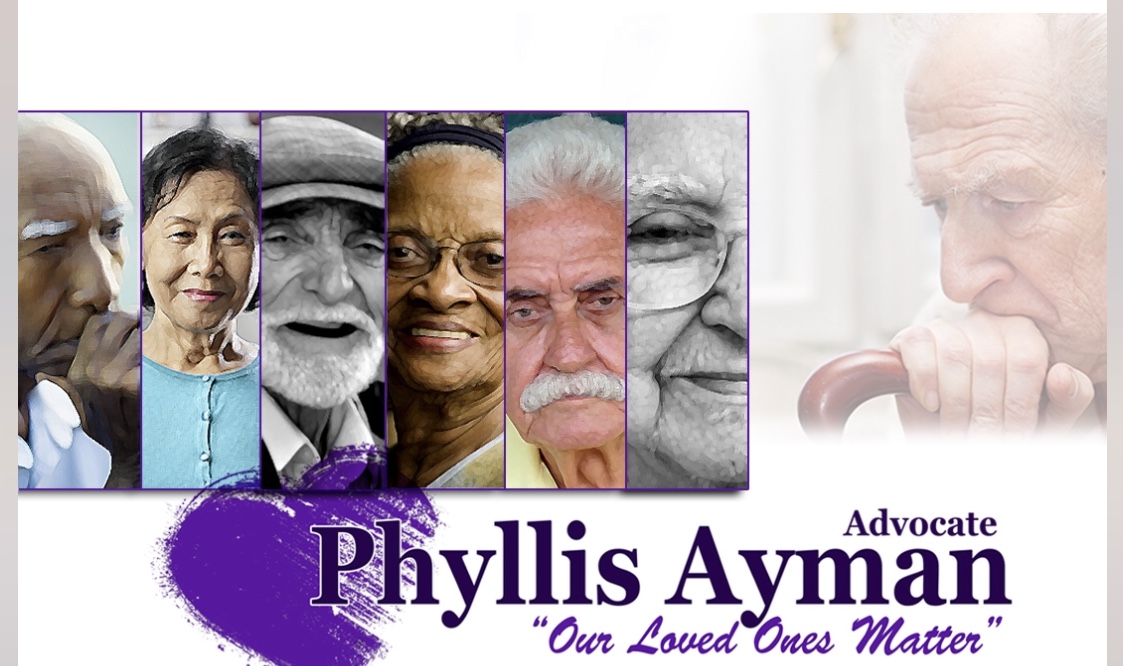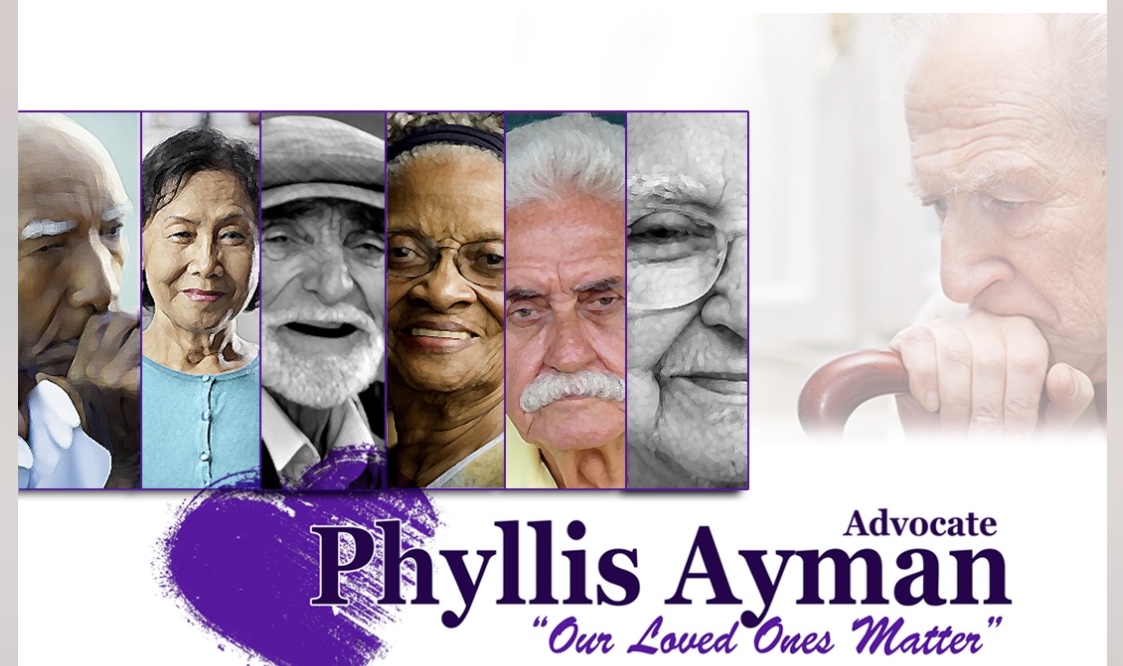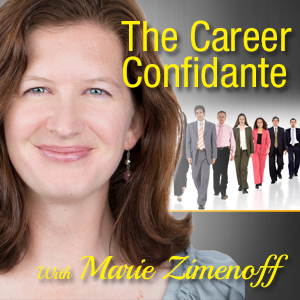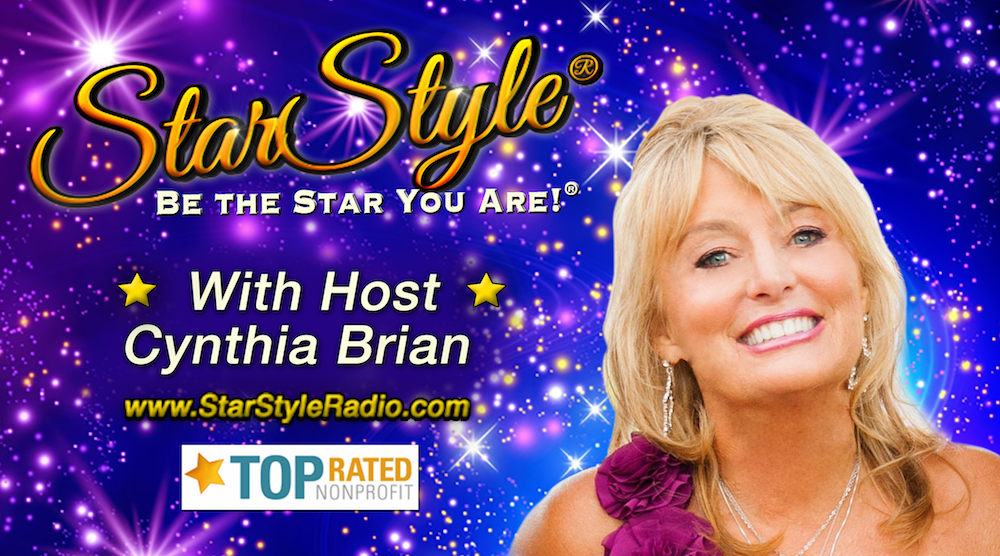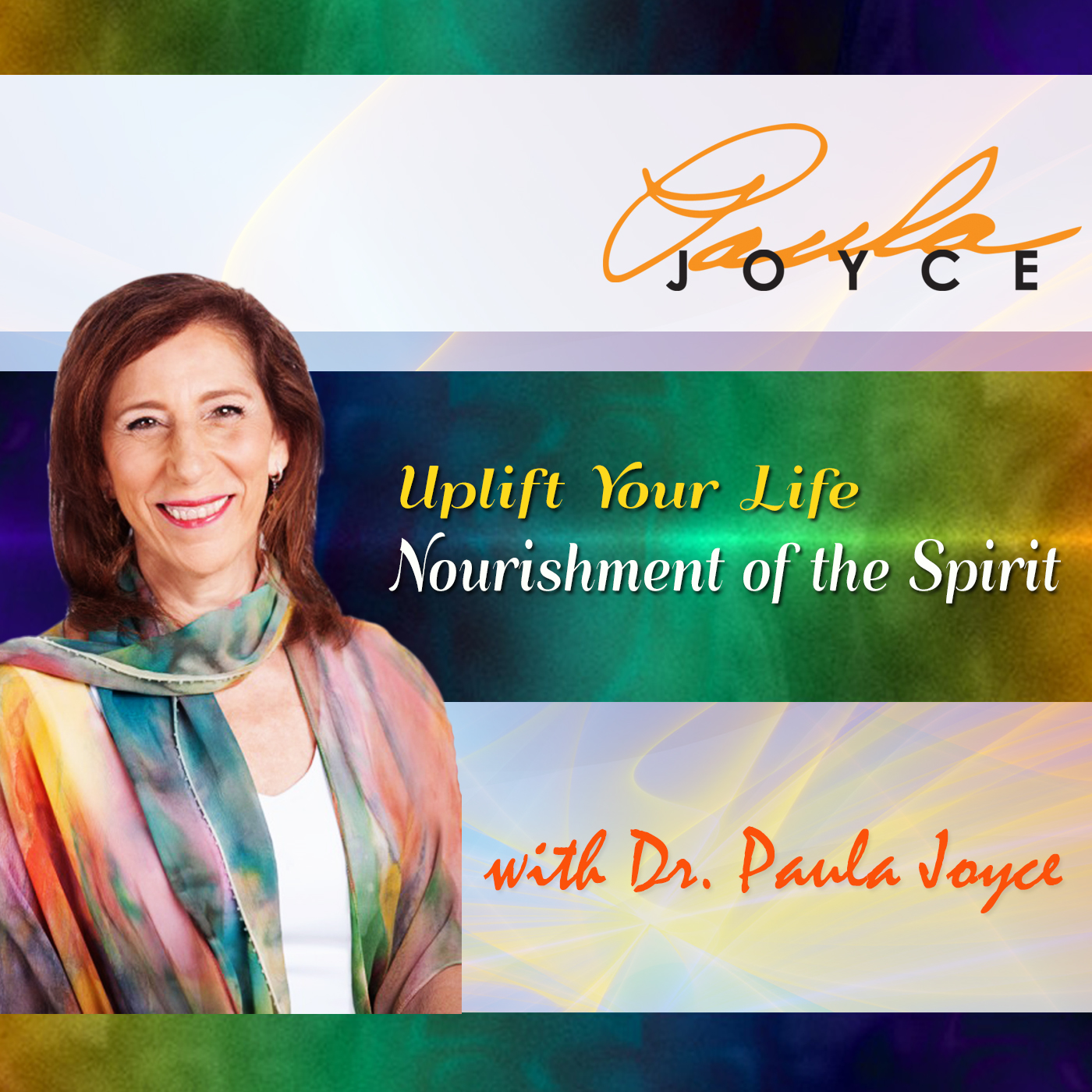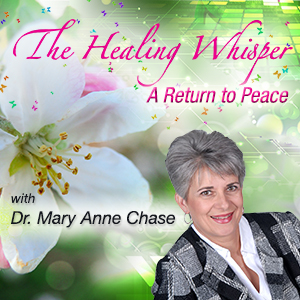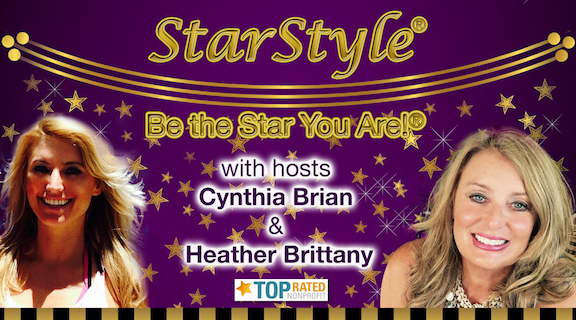Eldercare Advocate & Geriatrician Dr. Mike Wasserman On SeniorsSTRAIGHTTalk
Dr. Mike Wasserman was one of the first geriatricians in the country to recognize the dire...
Read Moreby VoiceAmerica | Nov 10, 2020 | Press Releases | 0 |
Dr. Mike Wasserman was one of the first geriatricians in the country to recognize the dire...
Read Moreby VoiceAmerica | Jan 12, 2020 | Empowerment | 0 |
The Eldercare Advocate How many of us think about devising a strategy to maintain or improve our...
Read Moreby VoiceAmerica | Oct 13, 2019 | Empowerment | 0 |
Longevity is an accomplishment. Continuing to live a fulfilling, active lifestyle as we age is...
Read Moreby VoiceAmerica | Sep 11, 2019 | Empowerment | 0 |
The Eldercare Advocate Are we living longer as a society? According to Paul Irving, Chairman of...
Read Moreby VoiceAmerica | Dec 3, 2018 | Empowerment | 0 |
“Life is in the Blintzes” By Eric in Brooklyn, NY An excerpt from Being Here…Too, Short Stories of...
Read Moreby VoiceAmerica | Jul 17, 2017 | Business | 0 |
With the “silver tsunami” describing dramatic demographic changes, reimagining choices about...
Read Moreby VoiceAmerica | Apr 17, 2017 | Empowerment | 0 |
Genetics account for only 25% of a person’s longevity. The rest is how you live your life. Learn...
Read Moreby VoiceAmerica | Dec 16, 2016 | 7th Wave | 0 |
Dr. Gary Chapmanâauthor, speaker, pastor, and counselorâhas a passion for people and for...
Read Moreby VoiceAmerica | Jul 12, 2016 | Health & Wellness | 0 |
There is a lot of talk about longevity, the cost and availability of sick-care, advances in...
Read Moreby VoiceAmerica | Mar 24, 2016 | Empowerment | 0 |
with Cynthia Brian and Heather Brittany on StarStyle®-Be the Star You Are!® Radio brought to the...
Read Moreby VoiceAmerica | Feb 1, 2016 | 7th Wave | 0 |
2/3/16 – Seventy is the New Fifty! In honor of Shya Kaneâs 75th birthday, join Ariel & Shya Kane and special guest Pat Sayler (aged 73) as they discuss aging, retirement and growing more alive rather than less as...
Read More

